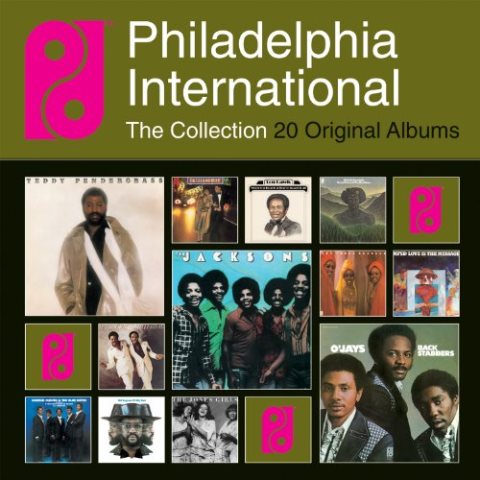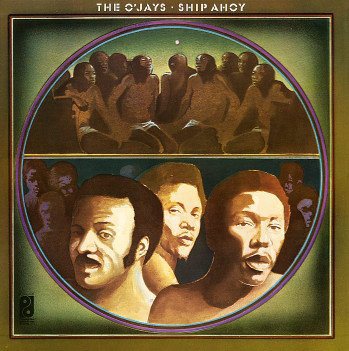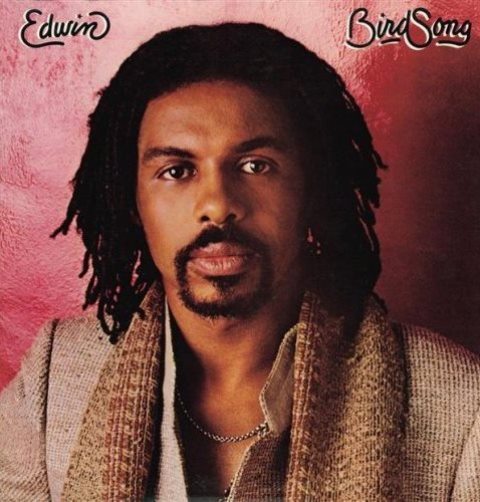
Various Artists: Philadelphia International Records – The Collection
Tracklist
- Harold Melvin & The Blue Notes - Harold Melvin & The Blue Notes
- Back Stabbers – The O’Jays
- 360 Degrees of Billy Paul – Billy Paul
- Save The Children – The Intruders
- The Three Degrees - The Three Degrees
- Ship Ahoy – The O’Jays
- Love Is The Message – MFSB
- Keep Smilin’ - Bunny Sigler
- Wake Up Everybody – Harold Melvin & The Blue Notes
- All Things In Time – Lou Rawls
- Life On Mars - Dexter Wansel
- The Jacksons – the Jacksons
- Teddy Pendergrass – Teddy Pendergrass
- Jean Carn – Jean Carn
- The Jones Girls - Jones Girls
- Edwin Birdsong - Edwin Birdsong
- McFadden and Whitehead – McFadden and Whitehead
- When You Hear Lou You’ve Heard It All – Lou Rawls
- I’m In Love Again – Patti LaBelle
- Life is A Song Worth Singing – Teddy Pendergrass
All three were issued by Kenny Gamble and Leon Huff’s Philadelphia International Records and are heard on Philadelphia International Records – The Collection. Rightly cherished as one of the great American imprints, the label has been the subject of many reissues. At least three box sets have been compiled previously, the last of which was 2012’s Philadelphia International 40th Anniversary Box Set. This new reissue takes a different approach. Instead of compiling individual tracks – maybe hits, perhaps remixes or the best cuts by particular artists – it collects 20 separate albums, each in a CD-sized replica card sleeve within a brick-like box.
 Philadelphia International isn’t widely acknowledged as an albums label. Its meat and potatoes were radio and the singles charts, whether mainstream or specialist listings like the R ‘n’ B rankings. There were no albums from the label with the continuing resonance of Marvin Gaye’s What’s Going On, Isaac Hayes’s Black Moses or Curtis Mayfield’s debut solo set. Nonetheless, as this collection reveals, the label did release albums addressing social issues. The O’Jays’ extraordinary 1973 set Ship Ahoy takes a slave ship transporting its goods to America as its central theme, and takes a critical overview of financial avarice. Surely, this important album merits a stand-alone release with an in-depth critical analysis integral to its package, rather than being buried in a box with 19 other albums?
Philadelphia International isn’t widely acknowledged as an albums label. Its meat and potatoes were radio and the singles charts, whether mainstream or specialist listings like the R ‘n’ B rankings. There were no albums from the label with the continuing resonance of Marvin Gaye’s What’s Going On, Isaac Hayes’s Black Moses or Curtis Mayfield’s debut solo set. Nonetheless, as this collection reveals, the label did release albums addressing social issues. The O’Jays’ extraordinary 1973 set Ship Ahoy takes a slave ship transporting its goods to America as its central theme, and takes a critical overview of financial avarice. Surely, this important album merits a stand-alone release with an in-depth critical analysis integral to its package, rather than being buried in a box with 19 other albums?All the albums collected – by genre expert Dean Rudland, who contributes short, pointed notes on each album in the accompanying booklet – are as wonderful. From Harold Melvin & the Blue Notes' eponymous 1972 set to Patti LaBelle’s 1983 I’m In Love Again, there isn’t a clunker.
 It's mind-boggling that Gamble & Huff not only ran this label but also produced much of its output and wrote a constant stream of songs for the acts they signed. Moreover, they had an eye for repurposing what appeared to be commercial dead meat. The Jackson 5 were struggling with Motown as the Seventies hit its middle years, but Gamble & Huff picked them up and as The Jacksons (renamed for contractual reasons) they issued their first Philadelphia International album in 1976. The pair produced most of the set and penned half its songs. Michael was the only Jackson to write for the album. His future was being prepared.
It's mind-boggling that Gamble & Huff not only ran this label but also produced much of its output and wrote a constant stream of songs for the acts they signed. Moreover, they had an eye for repurposing what appeared to be commercial dead meat. The Jackson 5 were struggling with Motown as the Seventies hit its middle years, but Gamble & Huff picked them up and as The Jacksons (renamed for contractual reasons) they issued their first Philadelphia International album in 1976. The pair produced most of the set and penned half its songs. Michael was the only Jackson to write for the album. His future was being prepared.Although most of the names collected in the box are well known, a couple of lesser lights crop up. Dexter Wansel’s 1976 album Life on Mars is a funky set which gets DJs going. Edwin Birdsong's eponymous 1978 album is more curious and does not seem to have been reissued before. It's dominated by the synthesizer and, with its fragmented songs, was not a big seller. Yet it resonated: its “Cola Bottle Baby” (listen to it overleaf) was sampled by Daft Punk, whose take on Birdsong was then recycled by Kanye West. Like Ship Ahoy, Birdsong's album needs a proper stand-alone reissue.
This set raises issues about other ways music is being recycled. Sony, the multinational issuing this box, has priced it at just under £40 – around £2 an album. In common with so many major-label, multi-album CD sets currently being marketed, this approach devalues the music, rendering it almost financially worthless. The music deserves more from its custodians.
Aucun commentaire:
Enregistrer un commentaire